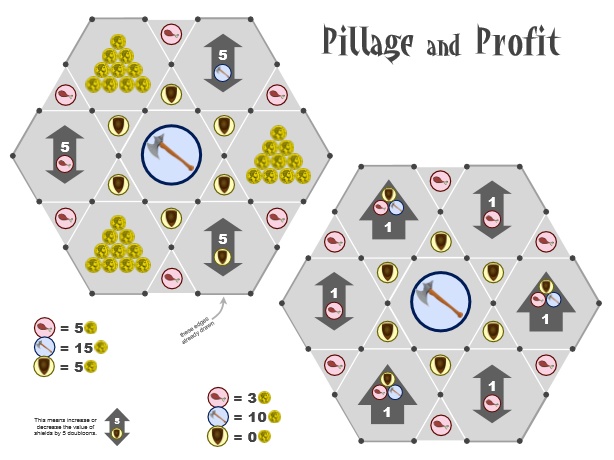Year 8s.
For pretty much my entire degree I imagined myself in front of a class of year 11s and 12s teaching math and physics. I had experience tutoring year 11s and 12s and experience teaching first year university students how to write programs. Two of my three classes are year 8s on this placement and it has been an eye opener.
The class is very well behaved and all the students are quite intelligent, but they have differing levels of motivation and ability to take in new information. You could give a 5 minute demonstration on how some algebra trick works but it seems that most are almost only able to remember the last thing you’ve just said. Everything needs to be bite sized chunks of information with time to practice in between. This is distinctly different to year 12s who can take a a larger chunk of information and make sense of it all. I didn’t expect that level of ability from year 8s, but I’ve got to break down my lessons even more.
I’ve been worried this week with the speed at which the students have been progressing through the algebra chapter. The students who ‘get it’ first go and are motivated could finish every question in the chapter in the 4 lessons they have each week. The rest are a mixture of speeds but we are on track to finish the chapter as a class in 4 weeks (start to finish). The afternoon lessons and the second half of the double lessons I feel I have been a bit ‘soft’ by giving math puzzles and challenges to students which are sometimes not related to the chapter we are working on. This results in excellent engagement and use of their brain but zero progression through the text book. This week I wanted to try pushing through with a new piece of content on the afternoons and double lessons and very quickly worked out that you lose everyone very quickly.
The lessons learned this week are:
- You can only feed students information at the speed at which they can take it. Aim for the speed the middle of the class can take it, support the ones below that speed and have extra challenges set for the students above that speed.
- Afternoon lessons and the second half of doubles are better spent doing some fun math related activity to increase engagement rather than introducing new content.
- Demos and new information needs to be given in short chunks with time set aside to ‘digest’ that information. Older students can handle bigger chunks.
The featured image comes from an algebra take on the classic fences game which you can find on MathPickle.com

